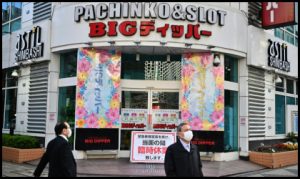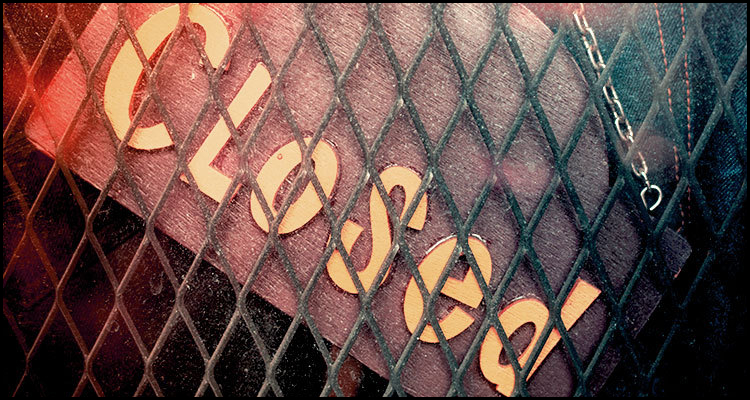In the Japanese capital city of Tokyo and Tuesday reportedly saw 22 pachinko parlors close their doors just hours before they were due to be named and shamed by the local government for allegedly continuing to operate during the ongoing coronavirus pandemic.
According to a report from Inside Asian Gaming citing an earlier story from the Jiji Press news service, the venues were facing widespread criticism for apparently remaining open despite the nation’s initiation of a voluntary lockdown that has been designed to help stop the spread of a coronavirus strain that has so far killed some 420 locals.
Critical call:
Inside Asian Gaming reported that Japanese Prime Minister Shinzo Abe initiated the month-long state of emergency on April 7 and had requested that all non-essential businesses such as cinemas, museums, art galleries and gambling establishments do their part by temporarily closing. But, it purportedly detailed that this coronavirus-related appeal was ignored by many pachinko parlors as they continued to remain open so as to cater to punters from across the country.
Profitable pastime:
Tokyo is the largest city in Japan with a population of approximately 14 million inhabitants and is thought to be home to around 750 pachinko parlors. These establishments full of pinball-like slot machines are a popular destination for local gamblers and regularly post nationwide aggregated annual revenues of above $200 billion, which is about twice what the country makes from exporting automobiles.
Expanded entreaty:
The source reported that local officials were given  the authority to identify venues allegedly flouting the coronavirus quarantine via the recently-amended Special Measures for Pandemic Influenza and New Infectious Diseases Preparedness and Response Act. This piece of legislation was purportedly introduced following pleas from multiple regional governors over concerns that punters could be inadvertently spreading coronavirus by ignoring social distancing rules to enjoy games of pachinko.
the authority to identify venues allegedly flouting the coronavirus quarantine via the recently-amended Special Measures for Pandemic Influenza and New Infectious Diseases Preparedness and Response Act. This piece of legislation was purportedly introduced following pleas from multiple regional governors over concerns that punters could be inadvertently spreading coronavirus by ignoring social distancing rules to enjoy games of pachinko.
Adjoining action:
Although the threat of being publicly identified seems to have worked in Tokyo, it was further reported that the government for the adjacent Kanagawa Prefecture was subsequently forced to name and shame six pachinko venues that were refusing to suspend operations during the pandemic.



